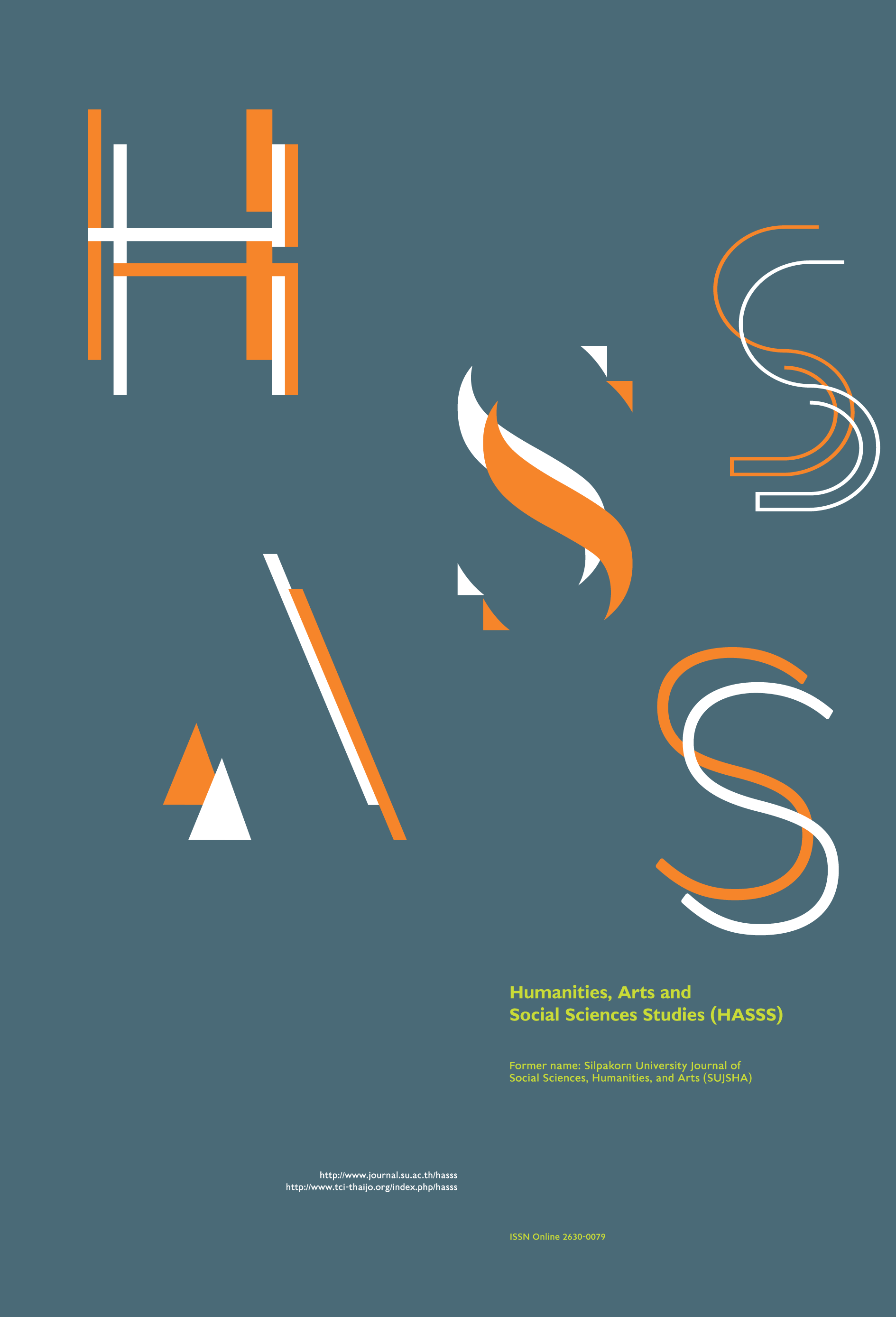Concept of Community Management for Achieving the Government Goal
Main Article Content
Abstract
The goal of modern government development affects Thailand to have been transformed into a bureaucracy that focuses on people's participation in the government administration and empowerment for policy formulation and decision-making in the management of their local communities independently and determines as strategies for strengthening community and society to be a solid foundation of the country. “Community management” is a new dimension in the development of the subdivision of society and the nation that requires a variety of elements including interdisciplinarity in driven to succeed. The concept of community management for success is presented in this paper. It is an alternative for those who bring modern management ideas to the community. This will lead to the goal and strength of the community. It also has a strong impact on the country's development.
Downloads
Article Details
All rights reserved. Apart from citations for the purposes of research, private study, or criticism and review,no part of this publication may be reproduced, stored or transmitted in any other form without prior written permission by the publisher.
References
Apinanmahakul, A. (2012) The State and the Development of Social Capital. Faculty of Economic Development: National Institute of Development Administration.
Boonyabancha, S. (2011) New Approaches to Sustainable Urban and Community Development. Journal of Community News Reform of Thailand for local Communities Self-Management 130: 19-21.
Bootnoi, N. (2016) The Achievement of Thai University Lecturers in Information and Communication Technology. Bangkok: Shinawatra University.
Chaiwan, S., Pratuangboriboon, N. et al. (2017) Good Health with Changing Way of Life to Alternative Agricultural Production System of Huay Sai Suksawat Community, Moo 15, Huai Yab Sub-district, Ban Thi District, Lamphun Province. Office of Research Fund for Local research.
Chen, C. Y., Cochran, G. R. et al. (2013) Community Leadership: A New Academic Major. The Journal of Extension 51(6): 1-6.
Dechpitaksirikul, S. (2013) Sufficiency Economy Philosophy with Work Principle: Humanistic Perspective. [Online URL: https://km-bcns.blogspot.com/2013/08/blog-post_8202.html] accessed on June 1, 2016.
Gaiyurawong, S. (2011) Synthesis of Community Wisdom: Local Self-Management Community. Subtitles in Workshop: At Veetrane International, Donmuang, Bangkok, February 8-9, 2011.
Hutchings, P., Franceys, R., Mekala, S., Smits, S. and James, A. J. (2017) Revisiting the history, concepts and typologies of community management for rural drinking water supply in India. International Journal of Water Resources Development 33(1).
Huttanuwat, N. and Huttanuwat, N. (2003) Community Organization Development. Bangkok: Institute of Development Community Organization.
Jamarik, S. (2000) Human Rights: The Path to Peace. Bangkok: Foundation for Textbook Project of Social Sciences and Humanities.
Kaewnu, A. (2011) Local Community Self-Management: Meaning and Indicators from Community Leaders' Opinion. Journal of Community News Reform of Thailand for local Communities Self-Management (130).
Kanchanachitra, C. (2014) Thai People’s Health 2014: Local Self-Management Community to Reform the Country from the Bottom. Nakhon Pathom: Institute for Population and Social Research, Mahidol University.
Kanchanapan, A. (2000) Community Dynamics in Resource Management. Bongkok: The Thailand Research Fund.
Luangprapas, W. (2005) New Government Administration with Democratic Governance: Two Streams of Thinking in Government Administration, “Customer” or “Citizen”. Bangkok: Political Science Journal.
Naowawathong, P. and Supadit, T. (2008) Management of the Sufficiency Economy Community: A Case Study of the Village Kamplalai. Tambon Ban Dong, Ubonrat District, Khon Kaen Province. Journal of Environmental Management 4(2): 38-49.
Nijtrirat, V. (2010) Guide to the Removal of Community Knowledge. Bangkok: PTT Public Company Limited.
Parinyasuttinan, U. (2015) Community Management: Concepts and Theories that Need to be Reviewed. Journal of the Modern Management 13(2): 11-21.
Pradab, R. (2013) The Strong Community: The Powerful Actions of the Modern Thai State. Bangkok: The Institute King Prajadhipok.
Pratuangboriboon, N. (2014) An Annual Incentive Specification of a Local Administrative Organization in Chiangmai Province. Chiang Mai: Mae Jo University.
Prommark, S. (2011) Leadership and the Promotion of People's Participation in the Development of Tourism of Khao Chaison Administrative Organization, Phatthalung Province. Journal of Academic Resources 22(3): 30-43.
Tatsiwat, C. (2009) Participatory Action Research-PAR: A New Dimension of Research Model for Community development at Local Level. Good Public Policy 4(10): 1-5.
The 10th National Economic and Social Development Plan (2007-2011). [Online URL: https://www.nesdb.go.th/ewt_w3c/ewt_news.php?nid=5747&filename=index] accessed on June 1, 2016.
The National Assembly of National Voluntary Health and Social Welfare Organization. (1997) The New Community Collaboration manual. (3th printing). Washington, DC: Author.
Vasee, P. (1998) The Strong Community Thai Social Capital. Book Series, Strong Community Series 1. Bangkok: Amarin.


